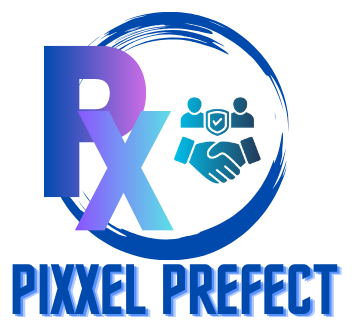Email Marketing A Comprehensive Guide to Boosting Your Business
In the digital age, businesses have a myriad of tools at their disposal to reach their audience. Among these tools, email marketing stands out as one of the most effective and versatile strategies. Despite the rise of social media and other digital marketing channels, email marketing remains a powerful method for businesses to connect with their customers, generate leads, and drive sales. This comprehensive guide will delve into the essentials of email marketing, its benefits, best practices, and tips to create a successful email marketing campaign.
What is Email Marketing?
Email marketing is a form of direct marketing that uses electronic mail as a means of communicating commercial messages to an audience. In its broadest sense, every email sent to a potential or current customer could be considered email marketing. However, it typically involves using email to send advertisements, request business, or solicit sales or donations. Email marketing is an efficient way to keep customers informed and tailor marketing messages to individual customer needs.
The Benefits of Email Marketing
Cost-Effective: Email marketing is one of the most cost-effective marketing strategies. It allows businesses to reach a large number of customers at a relatively low cost compared to traditional marketing channels.
Targeted and Personalized: Email marketing enables businesses to segment their audience and send personalized messages based on customer behavior, preferences, and past interactions. This targeted approach increases the chances of engagement and conversion.
Measurable Results: With email marketing, businesses can track open rates, click-through rates, conversion rates, and other metrics. This data helps in analyzing the effectiveness of campaigns and making data-driven decisions.
Increases Brand Awareness: Regularly sending emails keeps your brand top-of-mind for your customers. It’s an excellent way to share new products, company news, and other updates.
Builds Customer Relationships: By consistently providing value through email content, businesses can build and maintain strong relationships with their customers.
Best Practices for Email Marketing
Create a Content Calendar: Plan your email content in advance by creating a content calendar. This helps you stay organized and ensures you send consistent and timely emails. Include key dates, holidays, and events relevant to your audience.
Focus on Design: A well-designed email can significantly impact its effectiveness. Use a clean and professional design that aligns with your brand. Include high-quality images, easy-to-read fonts, and a logical layout.
Monitor and Improve Deliverability: Ensure your emails reach your subscribers’ inboxes by monitoring your deliverability rates. Avoid spammy language, use a reputable email service provider, and regularly clean your email list to remove inactive subscribers.
Engage with Automation: Use email marketing automation to send targeted emails based on specific triggers, such as welcome emails for new subscribers, cart abandonment reminders, and birthday offers. Automation saves time and ensures timely and relevant communication.
Respect Privacy and Regulations: Comply with email marketing regulations, such as the General Data Protection Regulation (GDPR) and the CAN-SPAM Act. Obtain explicit consent from subscribers, provide an easy way to opt-out, and respect their privacy.
Conclusion
Email marketing remains a powerful tool for businesses to connect with their audience, build relationships, and drive sales. By understanding its benefits, following best practices, and implementing effective strategies, you can create successful email marketing campaigns that deliver real results. Remember, the key to success in email marketing is providing value to your subscribers and maintaining a customer-centric approach. With the right tactics and a commitment to excellence, your email marketing efforts can significantly contribute to your business’s growth and success.
